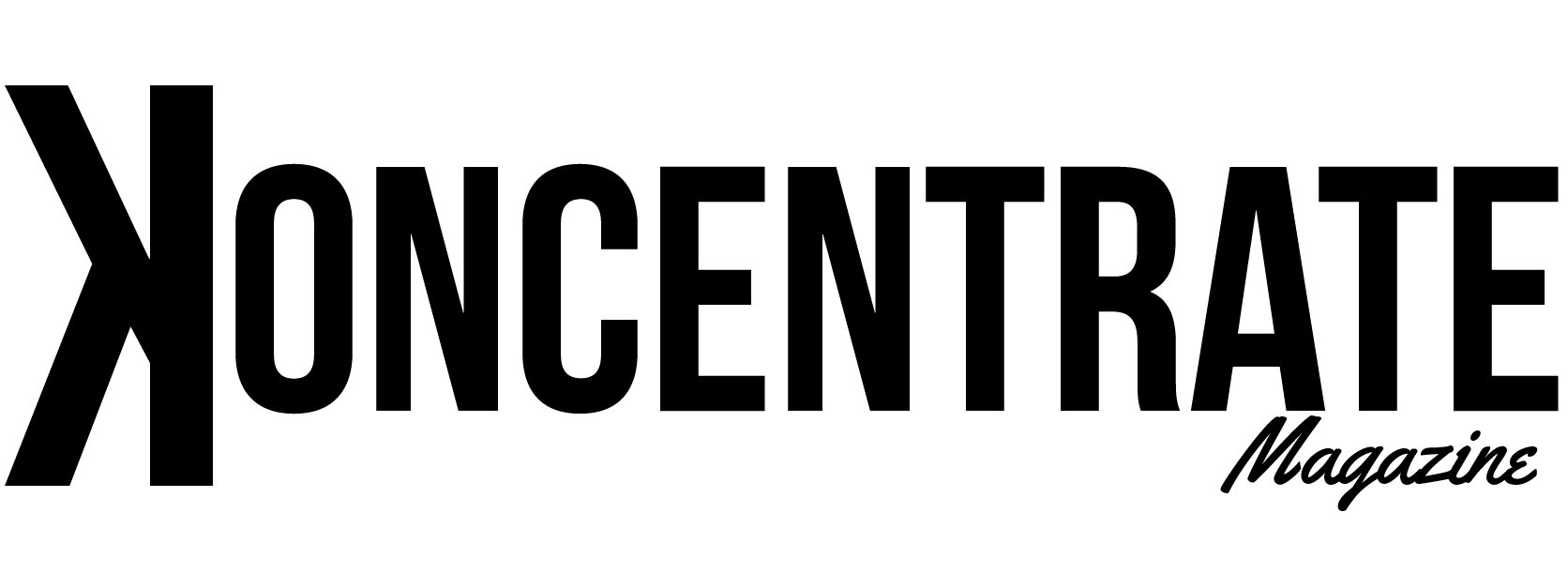06 Apr 2018’s Live Music Trends That Are Changing The Industry
In this piece, Bill Leigh looks at key industry trends that are reshaping the live music business in 2018 and how it will affect labels, bookers and artists moving forward.
____________________________
Guest post by Bill Leigh of Eventbrite
2018 will be another record-breaking year for live music.
“I haven’t seen people spending this much money on live music since the late ’90s,” says Tommy Goodwin. Goodwin, who leads field operations at Eventbrite, has over 20 years of experience managing event logistics for major festivals like Governors Ball.
But growth isn’t always good news. Music fans have raised their expectations for which artists they’ll shell out money to see, how they’re willing to buy tickets, and what you should be doing to make sure ticket bots don’t buy out a show before real fans have a chance.
In the rapidly shifting landscape, venue owners, promoters, and festival directors need to learn how to appeal to today’s fans to survive. Keep reading for two of the top industry predictions from seven long-time music pros — and learn what you can do to protect your business from new challenges.
Get all six predictions, plus tips on how to take advantage of the trends, in Music Trends 2018.
Music industry trend #1: Independents will have to work together to secure top talent
Over the past decade, large national concert promoters like Live Nation and AEG have been acquiring venues and music festivals an increasing pace. But this year, they’re moving downmarket to acquire smaller and medium-sized venues and promoters in local markets. This has a direct impact on the ability for independent promoters, venues, and festivals to book top-line artists.
“The big companies can buy an artist’s whole tour,” says Eventbrite’s Greg Patterson. “The biggest way for independents to compete is with more collaboration between independents. You’ve got to find informal or formal ways for promoters to work together and buy talent together between markets.”
Take advantage of the trend: Independents may not win on their size — but they can win on the unique experience they offer. “Play to your strengths: your personality, your character, and your autonomy,” Patterson says.
“The more innovative, independent festival promoters rely on developing an experience, rather than on booking top-tier talent,” Eventbrite’s Tommy Goodwin says. “They’re investing more in the aesthetic, the atmosphere, and the actual culture of an event. And the consumer is looking to for smaller, more boutique festival experiences.”
Music industry trend #2: Bookers will take riskier bets on unknown artists — and their fans
Across the board, “talent costs have escalated,” says Jim Holt, president and CEO of Memphis in May International Festival. As a result, he and many promoters have focused on bringing in lesser-known talent to round out their festival lineup.
“We’ve worked harder on the undercard in addition to the headline acts,” Holt says. “We’re adjusting our format to have a greater diversity in talent and a broader appeal to an audience.”
Eric Barleen, talent buyer at Another Planet Entertainment, agrees that the emphasis has shifted to booking relatively new talent. “More managers and agents are going after artists that have one extremely successful streaming song,” Barleen says. “As promoters, we can, too.”
But new talent brings new fans — and those fans don’t always behave in familiar ways. Many promoters have noticed an increase in one-time visitors and no-shows, making it difficult for venues to build a sustainable, loyal fanbase.
According to Kevin Arnold, founder of Noise Pop Industries, the shifting fanbase has had unforeseen operational impacts.
“One change we’re noticing is a propensity for people to buy tickets at the last minute,” Arnold says. “And while shows are selling out, we’re also beginning to get a lot of no-shows. In a sold-out 500-seat room, we can have up to 100 ticket buyers not showing up. That definitely impacts the feel of the room, and denies the chance for fans who wanted tickets to come to the show.”
Take advantage of the trend: Regardless of which artists you book, a sustainable audience base is key to your business’s survival. To bring one-time fans back, lean into marketing strategies that target previous attendees, and experiment with strategies to make sure buyers will actually show up.
For instance, Noise Pop is starting to look at releasing additional tickets online to fans on the night of sold-out shows. You can also use a fan-to-fan ticket exchange like Lyte to let ticket holders of sold out shows know that if they are no longer planning on attending, they can sell their ticket to someone who will.
To read all of six expert predictions, download Music Trends 2018: Top Predictions.
Bill Leigh is a writer at Eventbrite, where he focuses on helping create successful live music events. He is also the former Editor-in-Chief of Bass Player magazine. When he’s not working, he splits his time between “dad mode” and “rocker mode.”
Powered by WPeMatico


Sorry, the comment form is closed at this time.